-
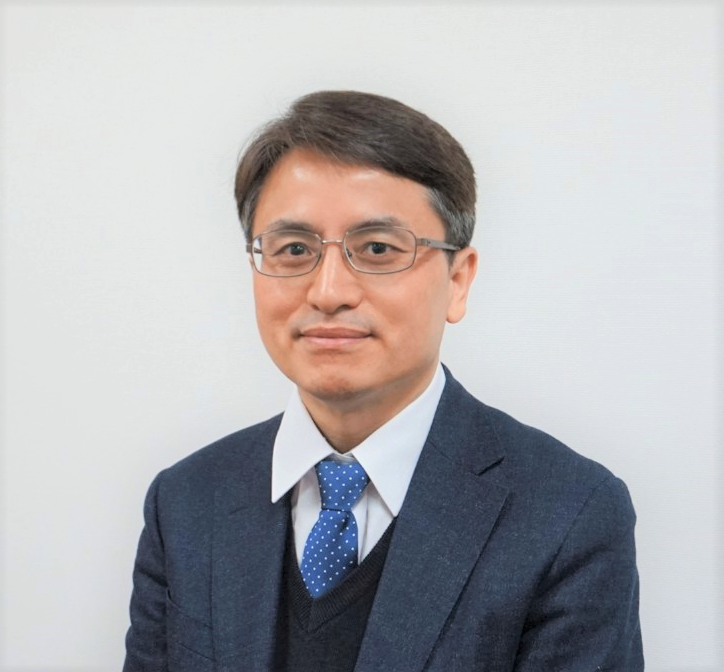 more
more
-
- +82-31-290-7861
- bioneer@skku.edu
- Life Science and Tech 2 2F 62251A
-
[Research Interest]
Skin physiology & Signal transduction, Skin diseases & Immunology, Cancer research (melanoma, prostate cancer, etc.) Development of functional agents for abnormal skin conditions,
-
 more
more
-
- Professor
- KIM, SUNG GYU
-
-
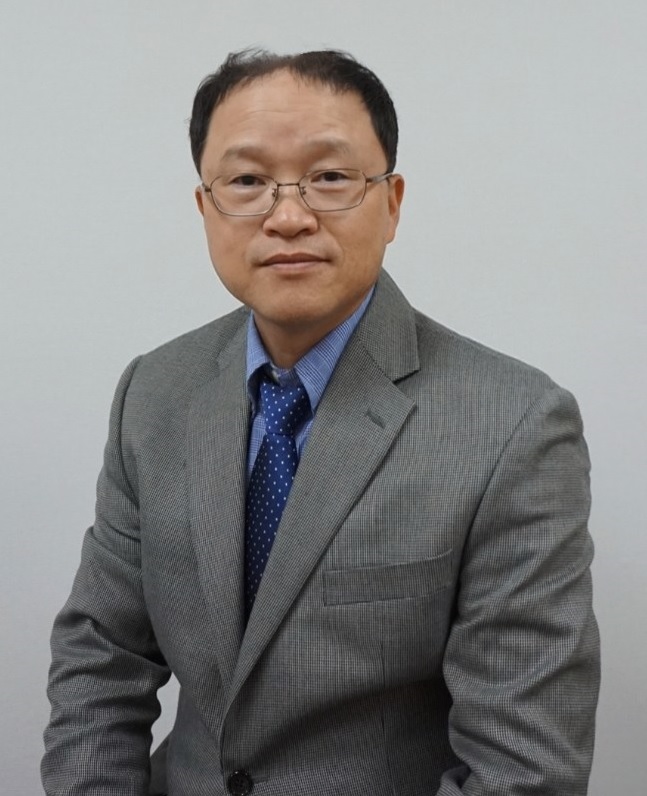 more
more
-
- +82-31-290-7868
- jaecho@skku.edu
- Life Science and Tech 2 1F 62107
-
[Research Interest]
Study of functional role of cell cytoskeleton in inflammatory and tumorgenic responses Understanding of signal transduction pathway in inflammatory signaling Development of anti-inflammatory and anti-cancer drugs Functional role of protein methylation in immune responses
-
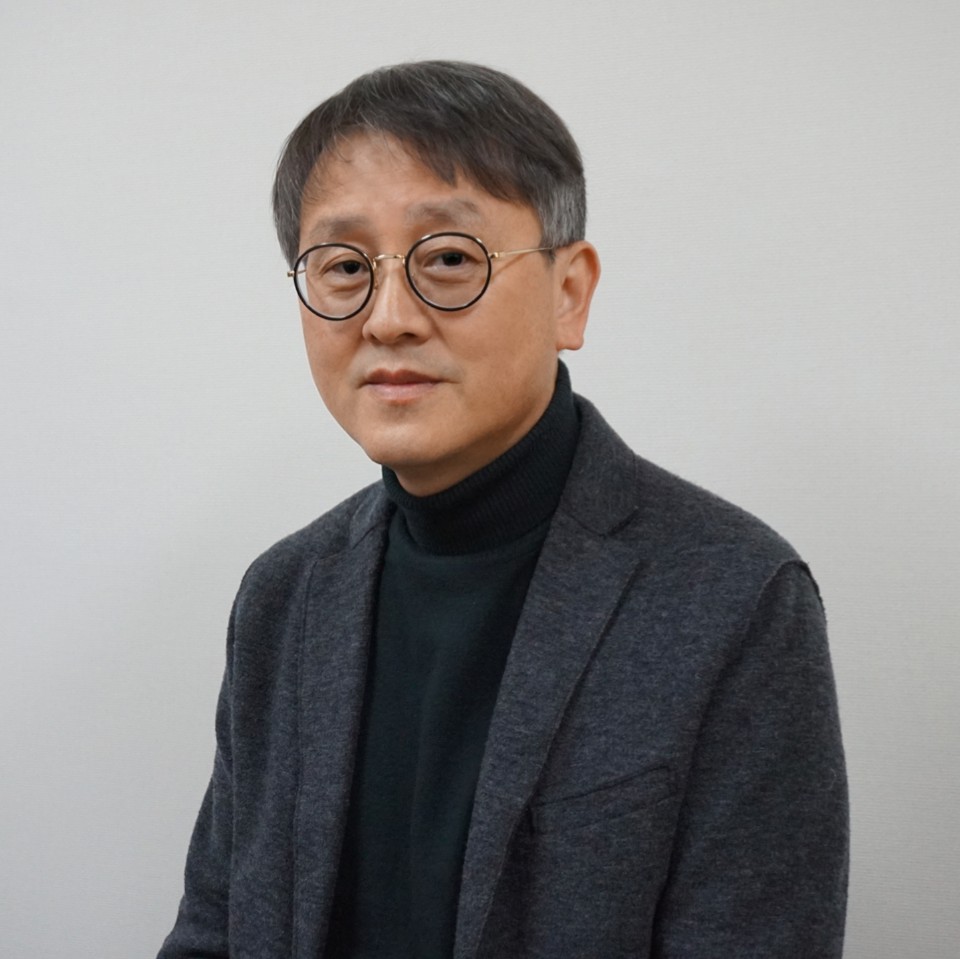 more
more
-
- +82-31-290-7866
- cell4u@skku.edu
- General Studies Building (51) 3F 51363
-
[Research Interest]
Molecular plant-geminivirus interactions Translational research : Side effect alleviation of cancer patients Antiviral protein development : Nucleic acid hydrolytic catalytic antibody
-
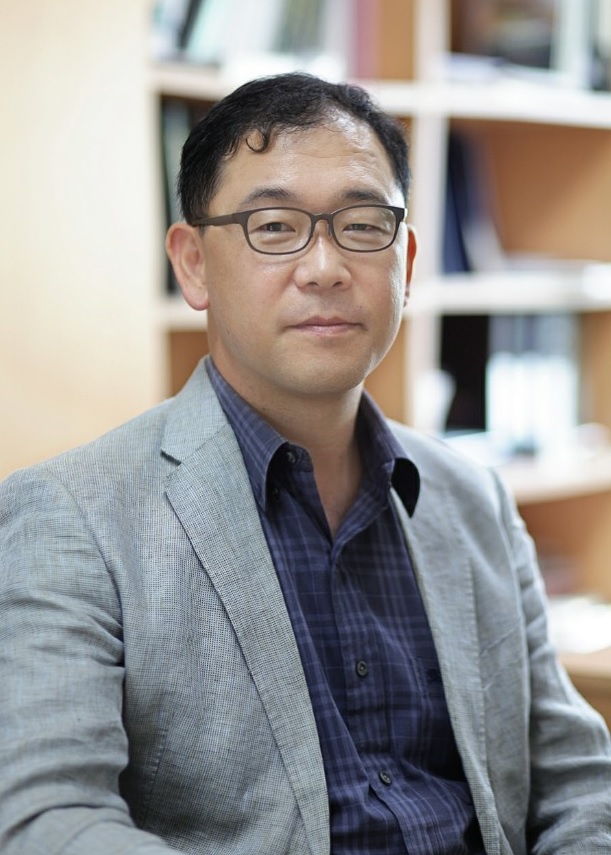 more
more
-
- +82-31-290-7869
- dhkweon@skku.edu
- Life Science and Tech 2 2F 62204
-
[Research Interest]
- Nanodisc antivirals for coronavirus and influenza virus - mRNA lipid nanoparticle for safe vaccine - Recombinant botulinum neurotoxin Development of chemical regulators of SNARE-driven membrane fusion, and development of Botox substitutes for cosmetic and therapeutic purposes. Development of nanoperforators of viral envelope for antivirals (e.g., anti-influenza drugs) Protein engineering of industrial enzymes for improved stability, solubility and activity Recombinant protein production technologies (protein expression control, purification, refolding and protein characterization through spectroscopies)
-
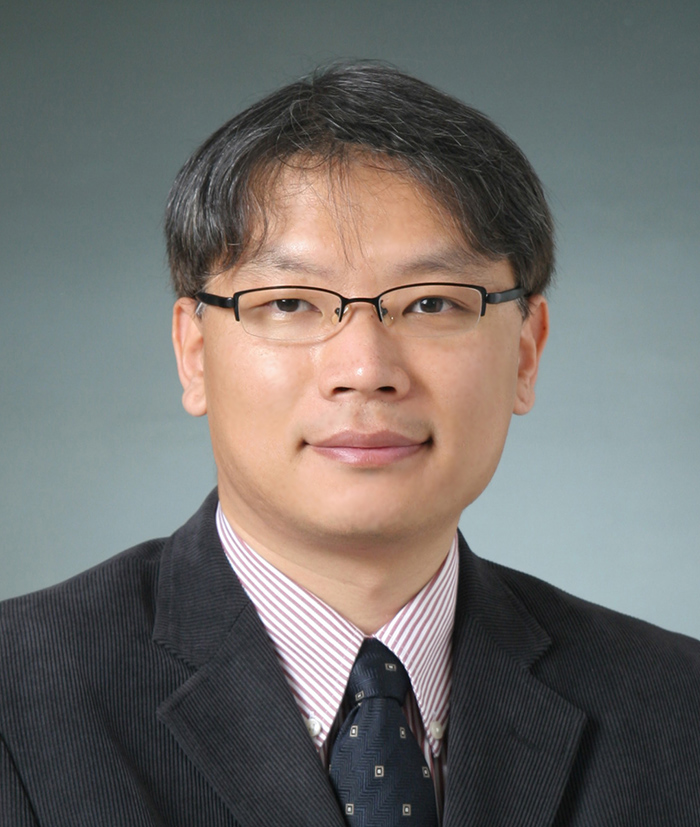 more
more
-
- +82-31-290-7867
- keejung@skku.edu
- Life Science and Tech 2 2F 62207
-
[Research Interest]
Brain development and stem cells, Cancer biology, Viral infections in the brain, Induced pluripotent stem cells (iPS)
-
more
-
- +82-31-290-7865
- ohjs@skku.edu
- Life Science and Tech 2 1F 62152
-
[Research Interest]
Regulation of meiotic cell cycle: Cell division is a highly regulated process, driven by the action of cyclin-dependent kinases (Cdks) and their regulatory subunits, cyclins. Inappropriate activation of Cdk/cyclin complexes can drive unregulated cell division resulting in cell death or tumor formation. Cdk/cyclin complexes also play essential roles in a variety of cellular processes such as development and differentiation. Our lab is focused on the action of Cdk/cyclin complexes and all pathways that control or are controlled by Cdk/cyclin complexes during female meiosis. Homologous chromosome segregation and aneuploidy: Reduction of chromosome number during meiosis is essential for producing haploid gametes from diploid parental cells. This reduction is achieved by two successive rounds of chromosome segregation, meiosis I (MI) and meiosis II (MII), after a single round of DNA replication. Although MII resembles mitosis in that sister chromatids separate and segregate to different daughter cells, the pattern of chromosome segregation during MI is unique. During MI, homologous chromosomes pair and then segregate from each other. Defects in this process result in aneuploidy, leading to miscarriages, infertility and genetic disorders such as Down’s syndrome. Therefore, our lab studies the molecular mechanisms that control homologous chromosome segregation during meiosis. Control of oocyte quality: Mammalian oocytes are arrested at the prophase of the first meiosis. After LH surge, the oocytes resume meiosis. During these processes, the oocytes is subjected to various sources of damage-inducing factors, which may lead to a progressive deterioration of oocyte quality. Thus, the control of oocyte quality is critical to reproductive success and survival of a species; however, the precise mechanisms underlying this process remain elusive. Our lab is interesting in identifying the molecular mechanisms that control oocyte quality and eventually leading to identification of diagnostic markers that are predictive of oocyte quality in a clinical setting. Chromatin remodeling during fertilization: Fertilization leads to the transformation of two haploid gametes into a totipotent zygote. During this process, highly condensed chromatins are largely reorganized, preparing to initiate the transcription of embryonic genes which are essential for obtaining the pluripotency. Our lab is exploring the mechanisms of the chromatin remodeling upon fertilization and investigating the role of maternal factors in this process.
-
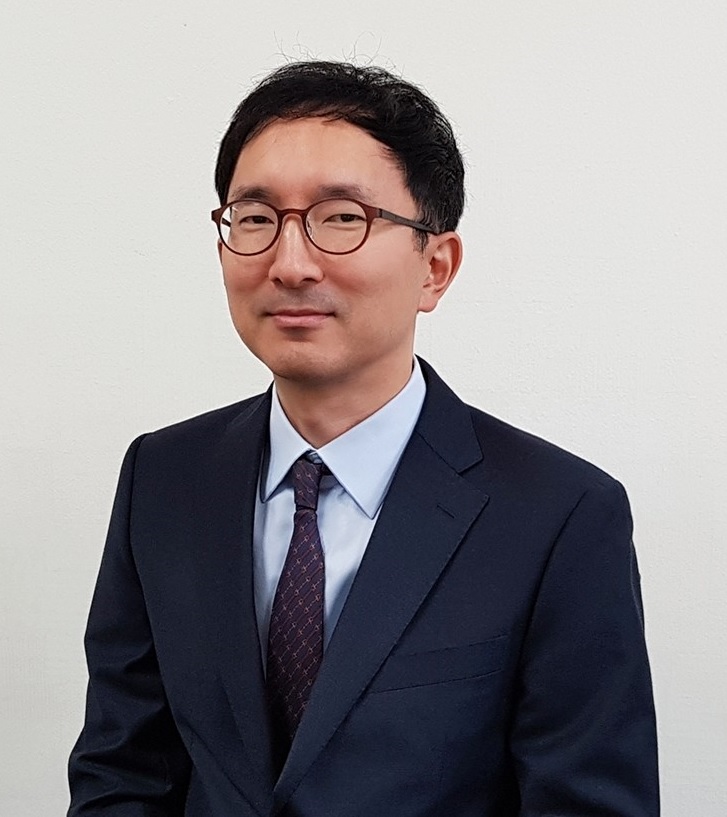 more
more
-
- +82-31-299-4859
- wjchung@skku.edu
-
[Research Interest]
Phage/peptide-based biomaterials Biomimetic materials Bioprinting Therapeutic bionanomaterials
-
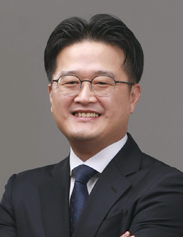 more
more
-
- +82-31-290-7346
- jinwoongkim@skku.edu
-
[Research Interest]
Data-based Microfluidics Bioelectric Sensors Anisotropic Colloids Smart Nanofluids
-
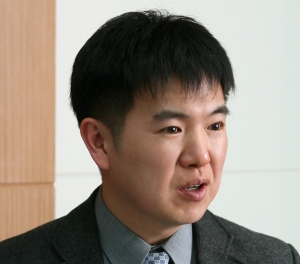 more
more
-
- +82-31-290-7344
- checws@skku.edu
- Engineering 2 (25) 4F 25403
-
more
-
- +82-31-290-5930
- jimankim@skku.edu
- Chemistry Building 4F 330405
-
[Research Interest]
Research interests of our group are various aspects of science and technology, ranging from fundamental research to possible industrial applications. Our researches are focused on design and synthesis of noble nanoporous materials, especially mesoporous materials, and nanostructured materials such as nanoparticles and nanowires. The nanoporous materials have attracted much attention in the fields of nano-chemistry, nanotechnology, and supramolecular chemistry due to their ordered nano-porosity (1~30nm). Generally, the nanoporous materials are synthesized by self-assembly and polymerization between organic pore generator and inorganic framework precursors. We have been developing new synthetic strategies for the materials in order to give new structures and functionalities. Applications of the nanoporous materials as the catalytic, electronic and energy materials are also our main interests.
-
 more
more
-
- Professor
- LEE, JAE HWAN
-
- +82-31-290-7809
- s3hun@skku.edu
-
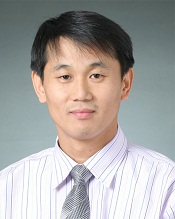 more
more
-
- Professor Food Biochemsitry
- PARK, KYE WON
-
- +82-31-290-7804
- kwpark@skku.edu
- Life Science and Tech 2 2F 62210
-
[Research Interest]
Studies on identification of anti-adipogenic (WAT browning) phytochemicals Therapeutic application of phytochemcials in the obesity and metabolic diseases Elucidation of molecular mechanisms of anti-adipogenic phytochemicals in adipocytes
-
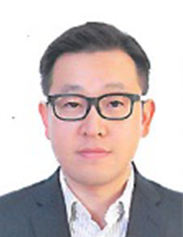 more
more
-
- +82-31-299-4162
- yhkim94@skku.edu
-
[Research Interest]
Part. 1 Protein-based materials: Non-biodegradable, conductive and bio-compatible protein-based gel / Extracellular matrix-mimetic protein-based environment / Controlling gel properties for biosensor and drug delivery, Part. 2 Supramolecular self-assembly: Coiled-coil based self-assemble supramolecule modularization / Protein-directed self-assembly of a fullerene crystal, Part. 3 Cell behavior control using protein: Multi-functional Mussel Adhesive Protein (MAP) library / Regulating cell activity and morphology using functional proteins
-
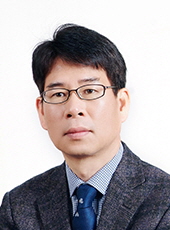 more
more
-
- +82-31-290-7789
- hkims@skku.edu
- Pharmacy Building 5F 530543
-
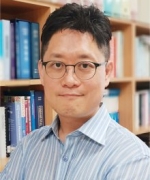 more
more
-
- +82-31-290-7783
- jhjeong@skku.edu
- Pharmacy Building 6F 530627
-
[Research Interest]
Polymer-based drug delivery systems for biological molecules Stem cell engineering and therapy Solubilization of poorly water soluble drugs
-
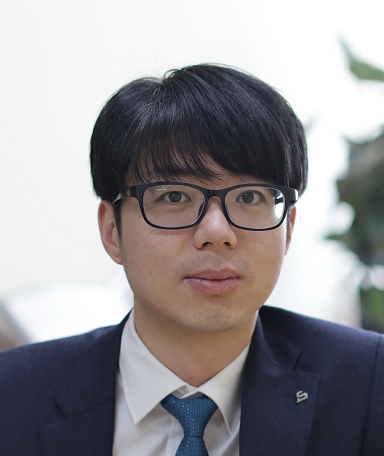 more
more
-
- +82-31-290-7700
- khkim83@skku.edu
- Pharmacy Building 7F 530728
-
[Research Interest]
Chemical biology of natural products Isolation and structural elucidation of novel natural products from termite-associated microbes Structural elucidation and discovery biological activities of natural compounds from Korean wild mushroom and fungi




